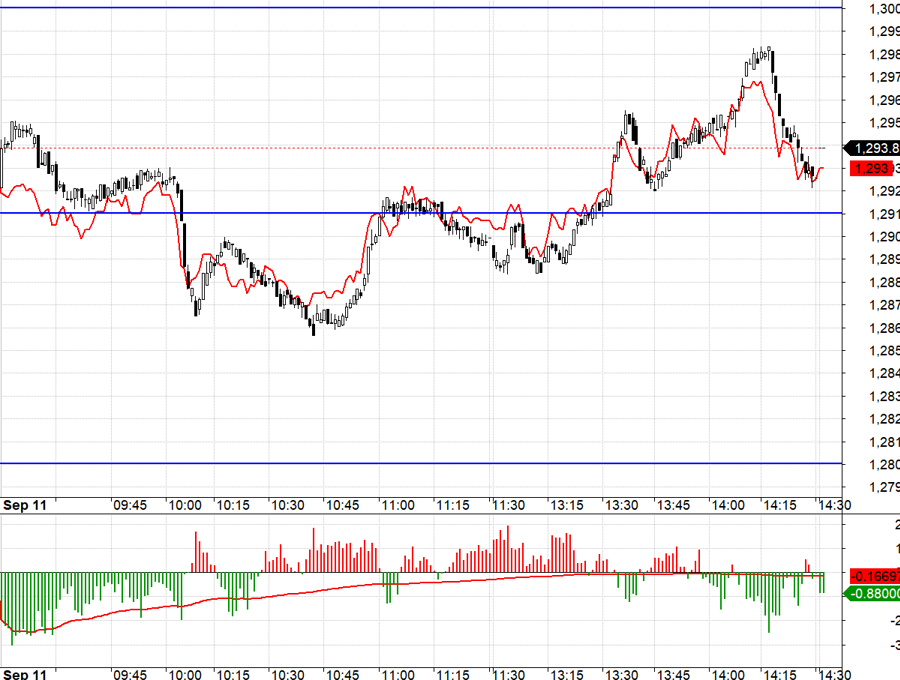[IR AWARDS] Key Information Disclosure Dates for September 2025
[IR AWARDS] Key Information Disclosure Dates for August 2025

-
October 1: PMI Announcement
-
October 6: Q3 2025 Socio-Economic Report
-
October 16: Maturity Date for 41I1FA000
-
October 20: Deadline for Q3 2025 Financial Statements
-
October 30: Deadline for Q3 2025 Consolidated Financial Statements (Parent Company, Consolidated, Aggregated)
FOMC Meeting Results (FED)
Timely and accurate information disclosure in the stock market is a fundamental responsibility of publicly traded companies toward their shareholders and investors. This is the primary criterion in the annual IR Awards program, co-organized by Vietstock and the Financial and Life Magazine, to honor listed companies with the best IR practices.
Notable Information Disclosure Violations in September 2025
In the most recent month, the State Securities Commission (SSC) has penalized several companies for information disclosure violations. These include TKG (UPCoM: TKG), DSC (HOSE: DSC), VHD (UPCoM: VHD), and CT3 (UPCoM: CT3) for failing to disclose required information as per legal regulations.
The SSC also penalized DDB (UPCoM: DDB), HU1 (HOSE: HU1), GDT (HOSE: GDT), and HLT (UPCoM: HLT) for delayed information disclosure.
Additionally, the SSC penalized TLD (HOSE: TLD), DSC, HU1, and DDB for misleading information disclosure.
|
IR AWARDS 2025 The IR Awards is an annual program recognizing listed companies with the best Investor Relations (IR) practices, held since 2011. It is co-organized by Vietstock, VAFE Association, and FiLi E-Magazine. The IR Awards acknowledges and honors companies that meet stock market information disclosure standards through comprehensive surveys and the annual publication of the List of Companies Meeting Information Disclosure Standards. The IR Awards recognizes and honors companies with the best IR practices of the year through quantitative evaluations, investor and professional financial institution voting, and the announcement of results at the annual IR Awards Ceremony. |
– 07:00 01/10/2025
















